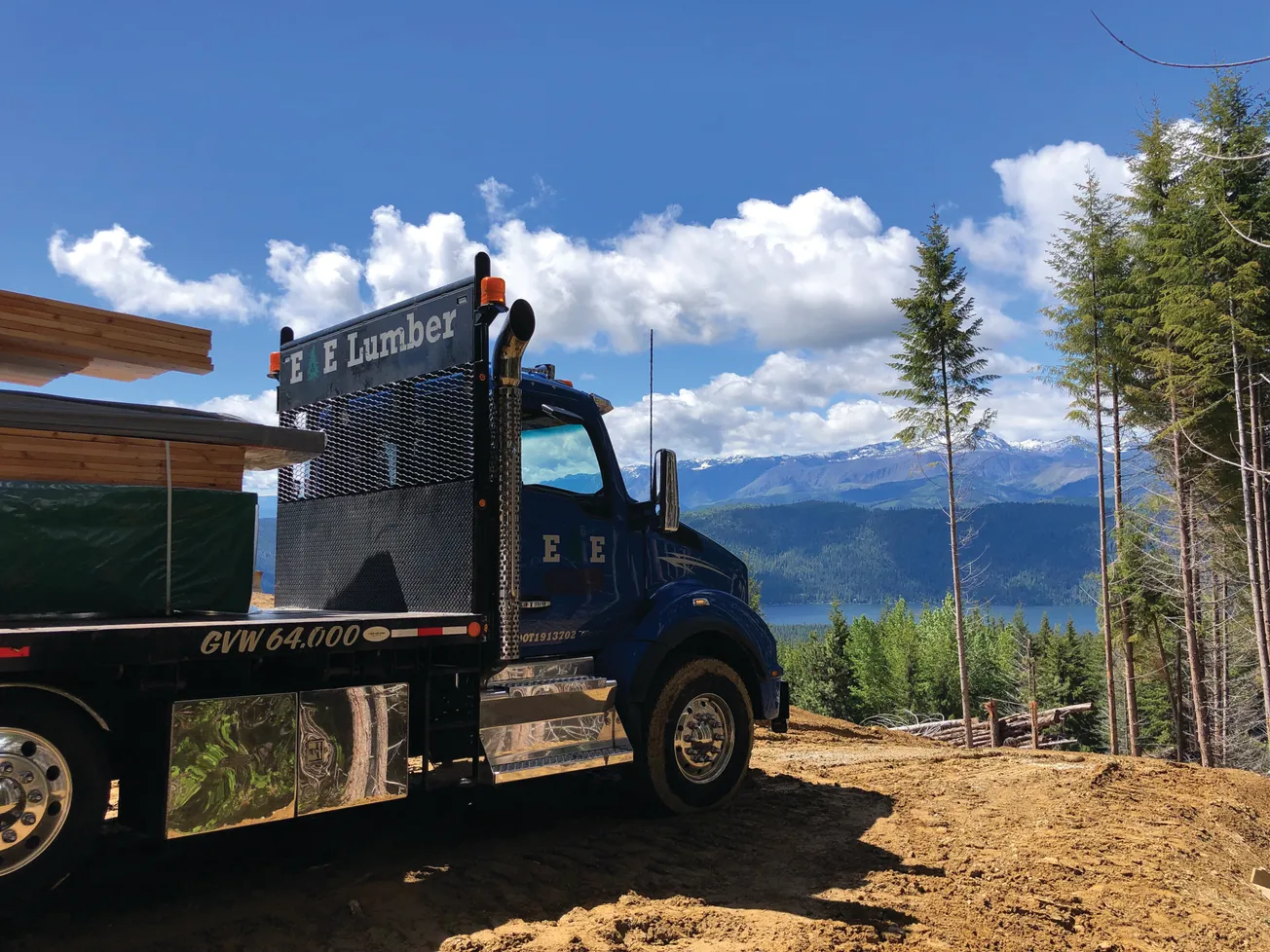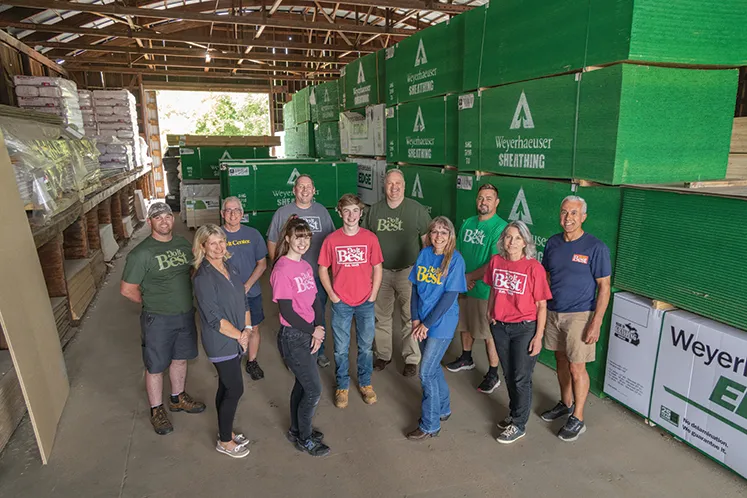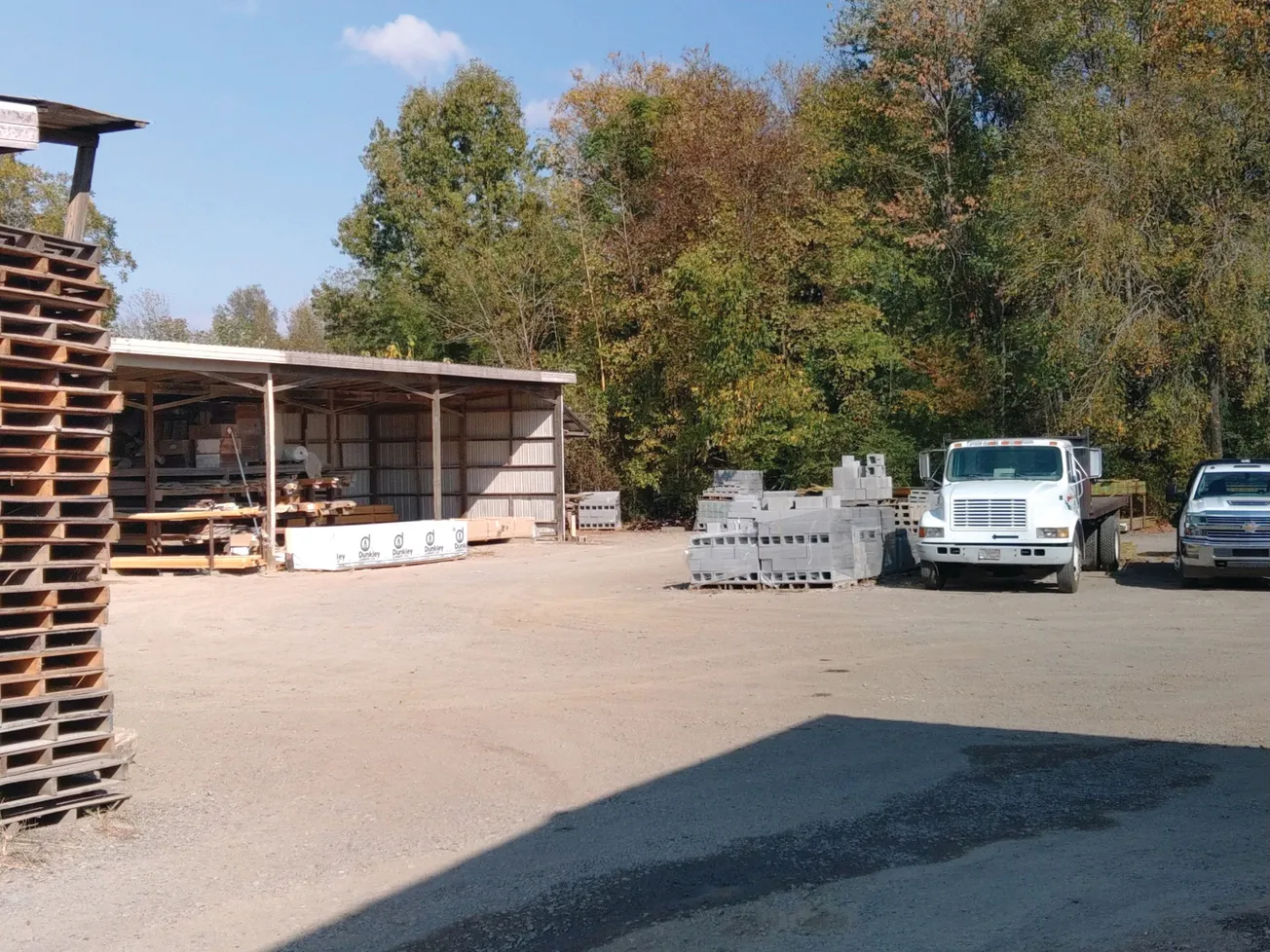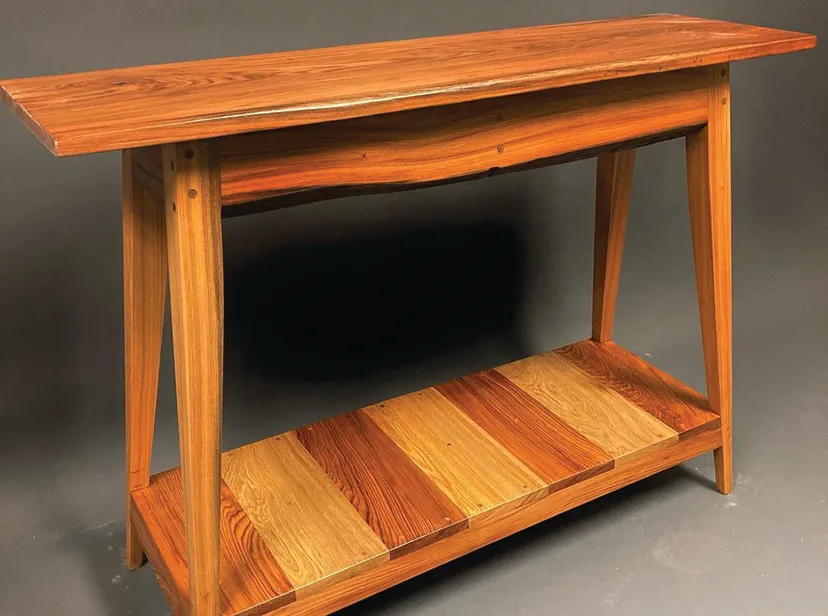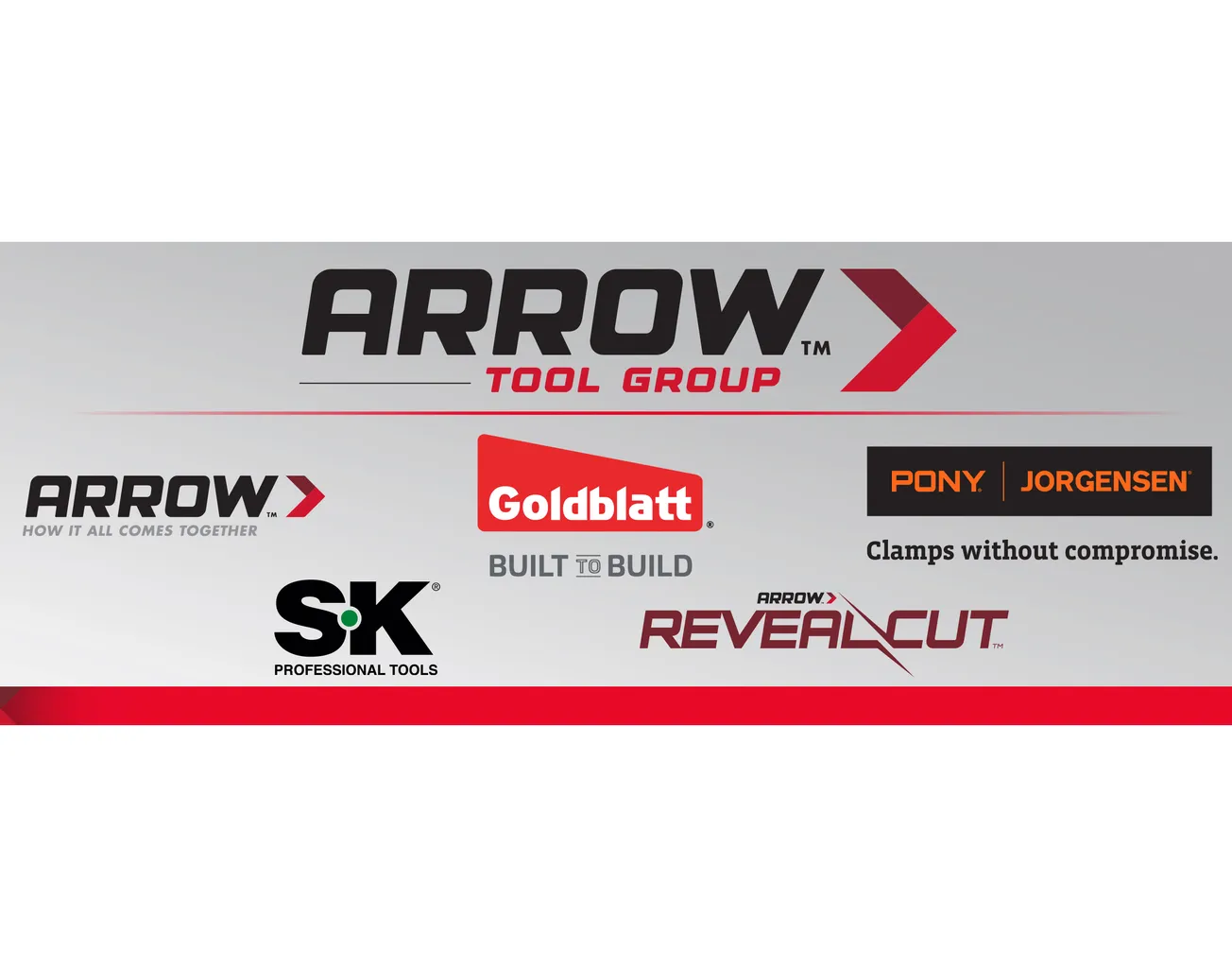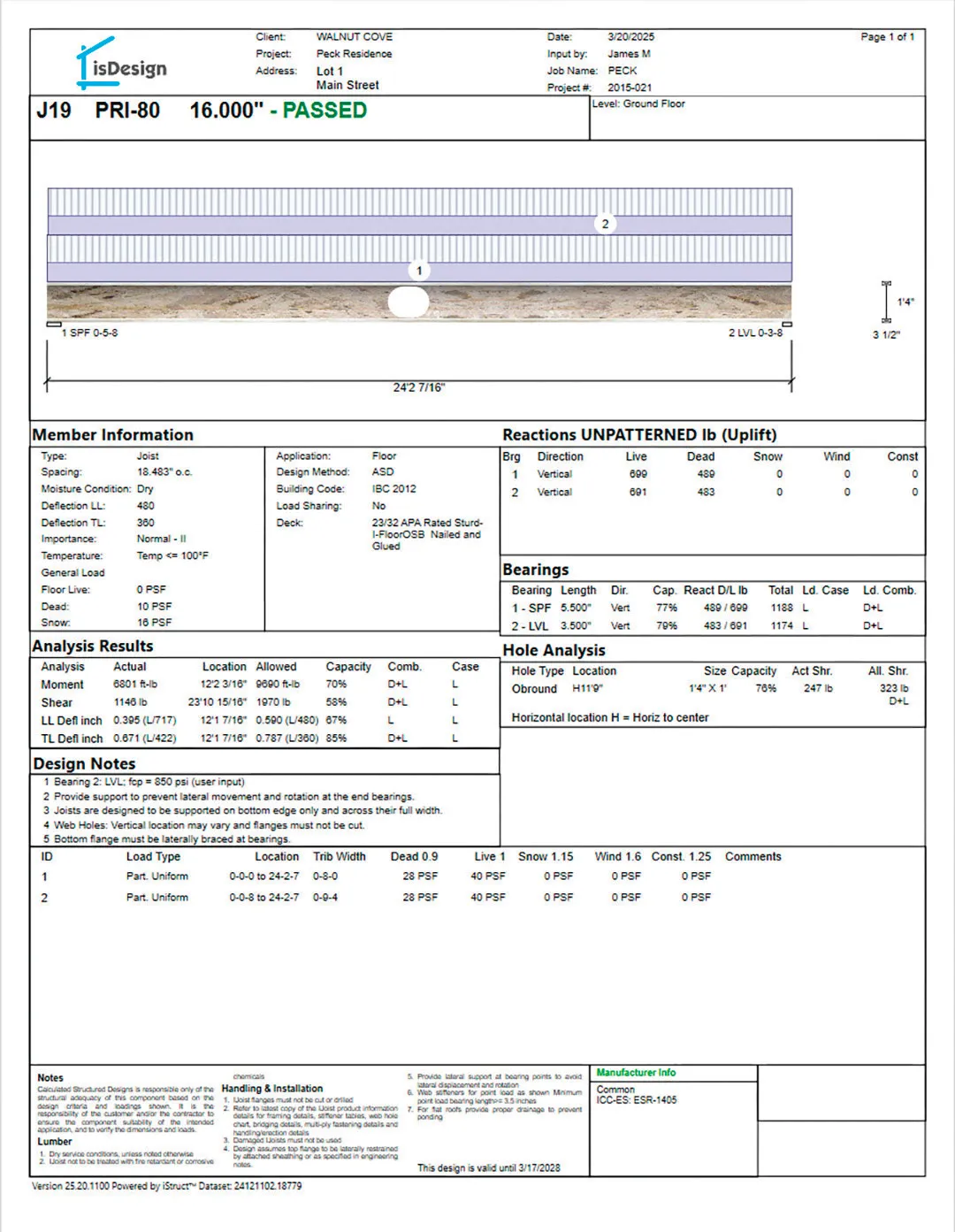Table of Contents
Nobody thought about lumber in the beginning. Back in 1940, Herman Albrecht Jr., a vocational school shop instructor, used his backyard garage as a workshop for woodworking commissions from friends and neighbors. A year later he’d run out of space and took over a warehouse on King Street in Charleston, S.C.’s historic downtown. Here he added 2x4s and such, to satisfy customers’ requests.
Those bits and pieces of lumber grew to require storage in neighboring warehouses throughout downtown, spurring Herman to purchase seven acres in 1945 and build what grew into a cluster of buildings to house the robust outfit which still reigns right there today.
Fast forward to 2009, when “the business went in the opposite direction,” recalls his grandson, Thad Shuler, who today serves as president of what’s mushroomed into Southern Lumber & Millwork Corp. “It got into framing—just in time for the recession,” he laughs. “This provided the opportunity at the front end [of construction], where millwork, at the back end, was harder to sell.” Thus, “a chance to compete for the larger portion of a home.”
A window and door shop was added in 2009, “after our framing adventure,” Thad recounts. “At that time, Stock Lumber was closing several of its locations, so their rep came to us with the idea—and thank God we listened.” (Another laugh) “We teamed up with Andersen and Marvin and some vinyl window lines, and now this niche represents 30% of our total sales. We’ve been two times Andersen’s Dealer of the Year, and our Marvin sales tripled last year.”
Which called for a brand-new millwork showroom. “We work very hard with architects as well as builders, so, with the coronavirus, many of them are working from home, and this new building also offers them conference rooms where they can bring their clients. Our customers are 95% pros, building new custom homes and working in the remodeling market, which currently is very, very strong.
“It also sets us apart from the competition—which is terrible, terrible, terrible! Too much! Lots of chains, plus three or four independents.” But demand keeps growing, too. “People keep moving into Charleston in big numbers from California, Ohio, wherever, because the cost of living is much lower here; you can have a far nicer house for your money.”
So contractors are scrambling, and Southern knows that their time is money. “They love our quality, our service, our vendors. Plus, pick-up time for them is only about five minutes. We’ll have will-call on the drive-thru rack within an hour, which has been instrumental in 85% of sales from back of truck. Our OTIF [on time, in full] record is 98%,” Thad has earned a right to brag.
But then a funny thing happened on the way to the forum—er, bank. Along came an out-of-the-blue notice from the South Carolina Department of Transportation, notifying the company that it would require two of the outfit’s seven acres for its highway program. This necessitated launching a construction project that lasted three-and-a-half “very stressful” years, Thad shudders. “Of our 15 buildings, 10 were demolished and five remodeled—certainly not normal, but we persevered right through. We had to move all our shop equipment—63 years worth of machinery. The irony is,” he pauses, “that our customers had no idea that all this was going on, because we worked on it from the back of the site, where they never visited.” Southern’s top-quality service continued without a ripple.
“The positive impact of the story,” Thad continues, “is how well we kept doing. The reality check, in 2013, was that we’d just experienced our three best years; coming out of the recession, sales were great. And we’d gained from some of the changes—gained some efficiencies. We moved our Design Center to the front of the property, creating new efficiency in in-and-out. Today, we’re better off: new facilities, less maintenance.”
Employee count has risen to 130—a good thing, too. “With that number, we have more flexibility. Turnover is down because we’re getting better at ‘right person/right seat.’ After an onboarding process, training kicks in—anywhere from two weeks for the yard to two years to groom management. We compete for good workers not only with other lumberyards, but with the big boys here, like Boeing. Our employees like the way we take care of our people, such things as increasing PTO.” The company also provides learning opportunities for students with an interest in millwork and carpentry.
“Our people are happy,” Thad declares. “They stay on 20, 30, 40 years; they become our family. Our customers benefit from that, too. They love our knowledge and service. We’re not the cheapest, and some of them are very price-sensitive. Yet with the volume we do, we can become very, very competitive. They also like that even when we had to shrink our acreage, we didn’t shrink our SKUs. And now, thanks to the new buildings, our lumber is stored in a covered structure to preserve quality.”
Southern also continues to operate a thriving millwork shop, geared to replicate the details in Charleston’s old, historic home—mouldings, mantels, countertops, all on display in the new showroom. It has supplied millwork throughout Charleston, including a walkway bridge to Magnolia Gardens and The Citadel’s Ring.
These specialties also are marketed on social media, Thad reports. “We’ve been putting a lot of energy and effort into it in the past five years, with Facebook and Instagram postings daily. We used them to announce our Rock the Block party, which introduced our remodeled showroom. Our ‘coming out’ party drew 500 people,” he reports. “Prospective customers liked what they saw, like our roof-covered lumber, which makes us stand out from our competitors.”
With the recession in the rear-view, “We’ve had 11 years that have been the best years ever,” Thad reiterates—even the painful times where “we grew too much too fast. Not fun. But now we’re in a good, stable spot. The housing market is very strong.”
Then along came the virus. “People are looking for bigger homes to house their home offices. The corona virus changed both the demographics and the dynamics; you need to make decisions quickly—such as, if you need another truck, you just buy another truck.”
Or if you need a second location, pow! You open a second location. That’s what Southern Lumber did recently, on land just a half-mile down the street. “We’d looked for land for a couple of years because our window and door sales had run out of capacity. This allows us to spread out; otherwise, we’d have to have gone vertical to keep up. We’d had 10,000 sq. ft. for W&D; now we’ve got 20,000.”
And Thad couldn’t be happier, even though this vision of his future wasn’t in his game plan. He’d been living in Europe for seven years when his family let him know they needed him back home. “They offered me a great career opportunity. I’d been married two years by then. My wife and I decided it was time to return to Southern living.” And to Southern Lumber.
That’s what’s called a win/win.


